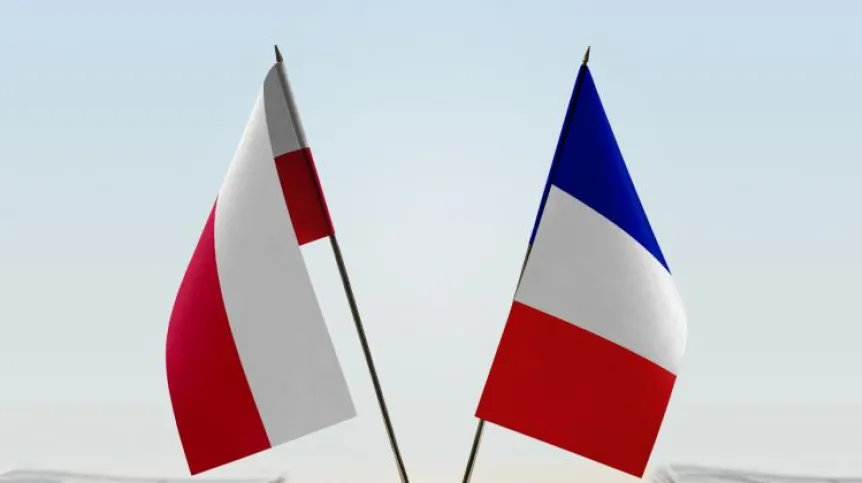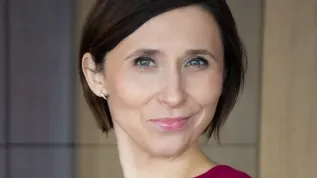
Polish scientists have a lot to be proud of after four of them received the first Polish-French Science award.
The Maria Skłodowska and Pierre Curie Polish–French Science Award was established in 2019 by the Foundation for Polish Science (FNP), the French Ministry of Higher Education, Research and Innovation (MESRI), and the French Academy of Sciences.
The aim of the award which was presented last week in Warsaw, is to support and promote Polish-French scientific cooperation. Each laureate received a prize of EUR 15,000.
Explaining the selection of laureates, president of the Foundation for Polish Science Professor Maciej Żylicz said: “We were able to select two pairs of collaborators who have been working together for years. The selection process was not about counting statistical elements, citation rates, points. We considered what was original in the given achievement.”
Cognitive scientist Marcin Szwed from the Institute of Psychology at Jagiellonian University and neurologist Laurent Cohen from the Brain & Spine Institute (Institut du Cerveau et de la Moelle épinière—ICM) were recognized for innovative research on the processes occurring in the brain when reading.
Through their cooperation since 2007, Dr. Szwed and Professor Cohen have demonstrated that groups of neurons in the visual cortex appear to specialize in reading text, and that this phenomenon does not depend on the culture or the writing system. The scientists` experiments have shown that in blind people, reading Braille stimulates the same visual fields as reading by sighted persons.
This was a breakthrough, as it turned out that the cortical specialization of the brain arises from the specific nature of the task: the visual portion of the brain’s cortex learned to read Braille even though it could be expected that this task would be assumed by the tactile portion. The experiment shows that the brain is more flexible than scientists had previously assumed, and the areas of the cortex responsible for sight or hearing can adapt to receive information from other senses. The research results have been described in seven scientific articles.
Physicists Jakub Zakrzewski from the Faculty of Physics, Astronomy and Applied Computer Science at Jagiellonian University and Dominique Delande from the French National Centre for Scientific Research (CNRS) received the award for achievements in the physics of quantum mechanical systems.
They began their scientific cooperation in 1991. Over 28 years, they have managed to build a model system for long-term cooperation between Polish and French research teams, contributing to the creation of a prolific Polish–French school in the theory of the quantum physics of chaotic and/or disordered systems. The achievements of the Zakrzewski-Delande involve phenomena triggered by disorder in low-temperature systems of atoms with dimensions suitable for experiments and future quantum technologies. This research is theoretical and computational. The understanding of fundamental microscopic processes occurring in quantum systems is crucial for rapid development of quantum technologies. The research has resulted in 36 joint publications, including seven articles in the prestigious journal Physical Review Letters.
The Minister of Science and Higher Education Jarosław Gowin said: "The internationalisation of science, Polish institutes, universities is one of the basic determinants of reform that we have been implementing for four years (...).
“We will consistently focus on the priority of internationalisation, but a new thing in the current term is that after a period of great systemic changes (...) we are entering the years, in which we want to focus on supporting the islands - archipelagos and continents soon, I hope - of scientific excellence in Poland.”
He added: “I hope that the coming years will be a period of strengthening Polish-French cooperation, also in the field of science.”
The awards saw 51 nominations and the laureates were chosen by an award committee of distinguished scientists from France and Poland, appointed by the Foundation for Polish Science and the French Academy of Sciences.
PAP - Science in Poland, Ewelina Krajczyńska
ekr/ zan/ kap/
tr. RL













